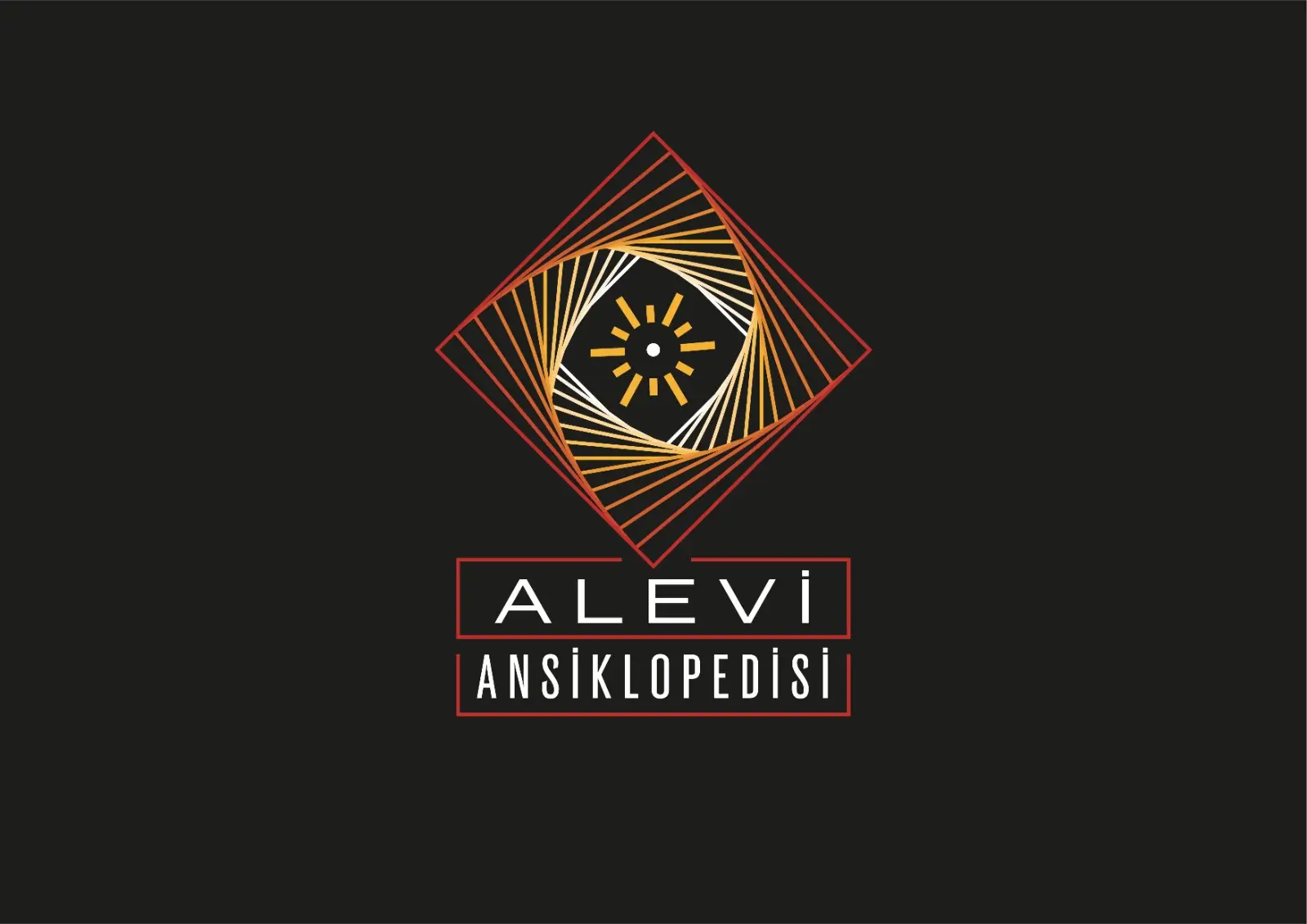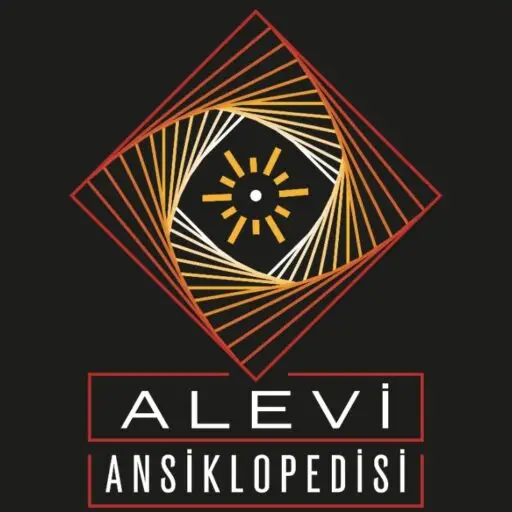Dear colleagues,
We would like to invite you to contribute to the Alevi Encyclopedia, an open-access, multilingual digital platform dedicated to documenting and sharing knowledge about Alevism in all its diversity.
The project has already brought together researchers, elders, and practitioners across generations and geographies. Since its launch on July 2nd, 2025, the platform has gained remarkable public attention, reaching over 95,000 page views in its first month alone, with a daily average of 3,500 visits. This visibility offers unique opportunities for scholars working on Alevism and related fields.
Below, we answer a few key questions for those interested in contributing:
Why should I consider writing an entry for the Alevi Encyclopedia?
Visibility for your work: Publishing an entry ensures your research reaches a wide audience, both within academia and beyond. Especially for early-career scholars (PhD candidates, postdocs), this is an excellent way to increase visibility in a growing and highly engaged field.
A format to distill and share knowledge: Writing in an encyclopedia format offers the chance to summarize your work in an accessible, concise, and thematically focused way — ideal for a broad and interdisciplinary readership.
Build your academic profile: Entries are peer-reviewed and indexed, helping you build scholarly credibility while contributing to a collective knowledge base. Your contribution will be permanently archived and citable.
Strengthen the field: By contributing, you help map out the expanding terrain of Alevi Studies — its core topics, its diversity, and its scholarly networks. This is a space where scholars across disciplines and generations can recognise, reference, and engage with each other’s work.
Foster new collaborations: By making your expertise more visible, you open the door to future collaborations, conferences, workshops, and co-authorship opportunities in the international field of Alevi Studies.
General Information on Entry Submission
Submission Timeline for the Second Group of Entries
The deadline for submitting entries to the Editorial Board is 15 September 2025.
The second group of entries will be published on 5 October 2025.
Guidelines for Entry Content
Entries must demonstrate interdisciplinary awareness and avoid relying solely on the jargon of one’s specific field. Contributions should be comprehensible to readers from diverse disciplines—history, anthropology, theology, sociology, geography, psychology, economics, and others.
Texts should be written with dual attention: for members of the Alevi community from various backgrounds, and for external readers unfamiliar with the topic. Key terms, names, events, and geographic references should be clearly defined at first mention, using concise and accessible language. Local terms (e.g., pir, ocak, talip, Raa Haqi) should appear both in their original form and with explanatory definitions.
Cultural and linguistic sensitivity is essential. Avoid all forms of exclusionary, polemical, orientalist, or reductionist language. Differences among Alevi traditions should be conveyed with pluralistic respect. Since oral tradition is a core dimension of the encyclopedia, narratives, ethnographic data, interview material, and quotes from oral sources must be cited appropriately and accompanied by explanation or translation if needed.
Entries should not merely relay information but actively engage the reader—introducing conceptual frameworks, enabling reflection, and connecting to other entries or areas of inquiry. A holistic and dialogical tone is strongly encouraged.
For further guidance, please consult the following:
Notes and practical tips for authors
Guidelines on publication process and authors’ rights
“How to write for the Alevi Encyclopedia?” – FAQ
User guide for author registration and uploading entries
Structural Format of Encyclopedia Entries
Each entry must adhere to the following format:
Title: Clear, concise, and descriptive
Abstract: A short paragraph summarizing the main content (max. 500 words)
Subheadings: To aid readability and structure
Conclusion: A brief synthesis encouraging further reading
Endnotes: If applicable, notes should be included as endnotes, not footnotes
References & Suggested Readings: Properly cited sources; optional further readings may be listed
Format and Length for Submission
Format: All entries must be submitted in Word (.docx) format, Times New Roman, 12 pt, 1.5 line spacing. Use endnotes rather than footnotes.
Length: Recommended (ideal) length is 200–2,000 words. The upper limit is 5,000 words.
Citation Style and DOI Usage
All in-text citations must conform to the Alevi Encyclopedia’s Referencing and Citation Guide. Use endnotes instead of footnotes. When applicable, include DOI numbers and accessible links for cited works.
Contributor Guidelines
Who Can Contribute?
Academics, researchers, authors, and all individuals working on Alevism are welcome to contribute. All submissions will be evaluated according to editorial and ethical standards.
Author Biography
Authors may submit a short bio (150–200 words) including institutional affiliation and contact details via the “Author Login” section. Optional elements include personal websites, profile photos, and social media links. Entries must be submitted under the contributor’s real name. Pseudonymous submissions are not accepted.
Multiple Entries on the Same Topic
The Alevi Encyclopedia accepts multiple entries on the same topic by different authors. Authors may also submit new interpretations or summaries of already published entries.
Entry Types and Thematic Breadth
Entries may address:
Singular concepts (e.g., semah, ocak, cemevi, ana, pir)
Thematic clusters (e.g., anti-Alevi discrimination, gender inequality, Alevi diasporas)
Analyses of historical events, processes, rituals, or cultural practices
Use of Previously Published Work
Yes. Existing theses, articles, book chapters, symposium papers, and essays may be adapted into encyclopedia entries, provided they are revised and reformatted according to the Alevi Encyclopedia’s structure and style. The project encourages adapting existing scholarly work into accessible formats for broader audiences.
Editorial Process and Publication Timeline
Publication Languages
The Alevi Encyclopedia is published in both Turkish and English. Authors may submit in either language or both (within the same Word document).
Plans are underway to add versions in Kırmancki (Zazaki), Kurmanci, German, and French.
Publication Schedule
The Alevi Encyclopedia is published in periodic calls for submissions. If approved, the editorial process is completed approximately two months after the submission deadline.
The publication schedule for 2025–2026 is as follows:
Group 1: 2 July 2025 (Completed)
Group 2: 5 October 2025 (Submission deadline: 15 September 2025)
Group 3: 15 January 2026 (Submission deadline: 15 December 2025)
Group 4: 15 April 2026 (Submission deadline: 15 March 2026)
Group 5: 15 July 2026 (Submission deadline: 15 June 2026)
Group 6: 15 October 2026 (Submission deadline: 15 September 2026)
Contact
For questions or support: [email protected]
Post-Publication Revisions
Authors may revise their entries after publication in coordination with the Founding Editorial Board. All changes will be documented within the entry.
Please feel free to circulate the call.


